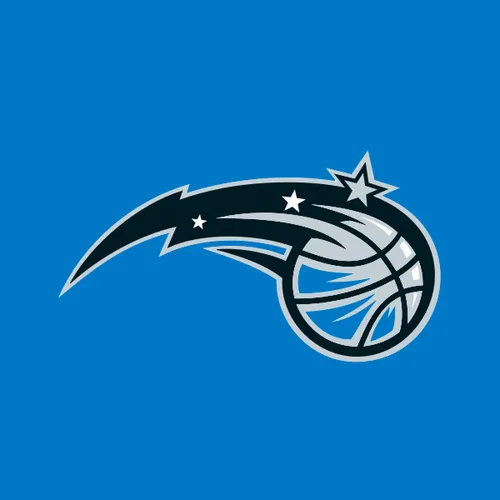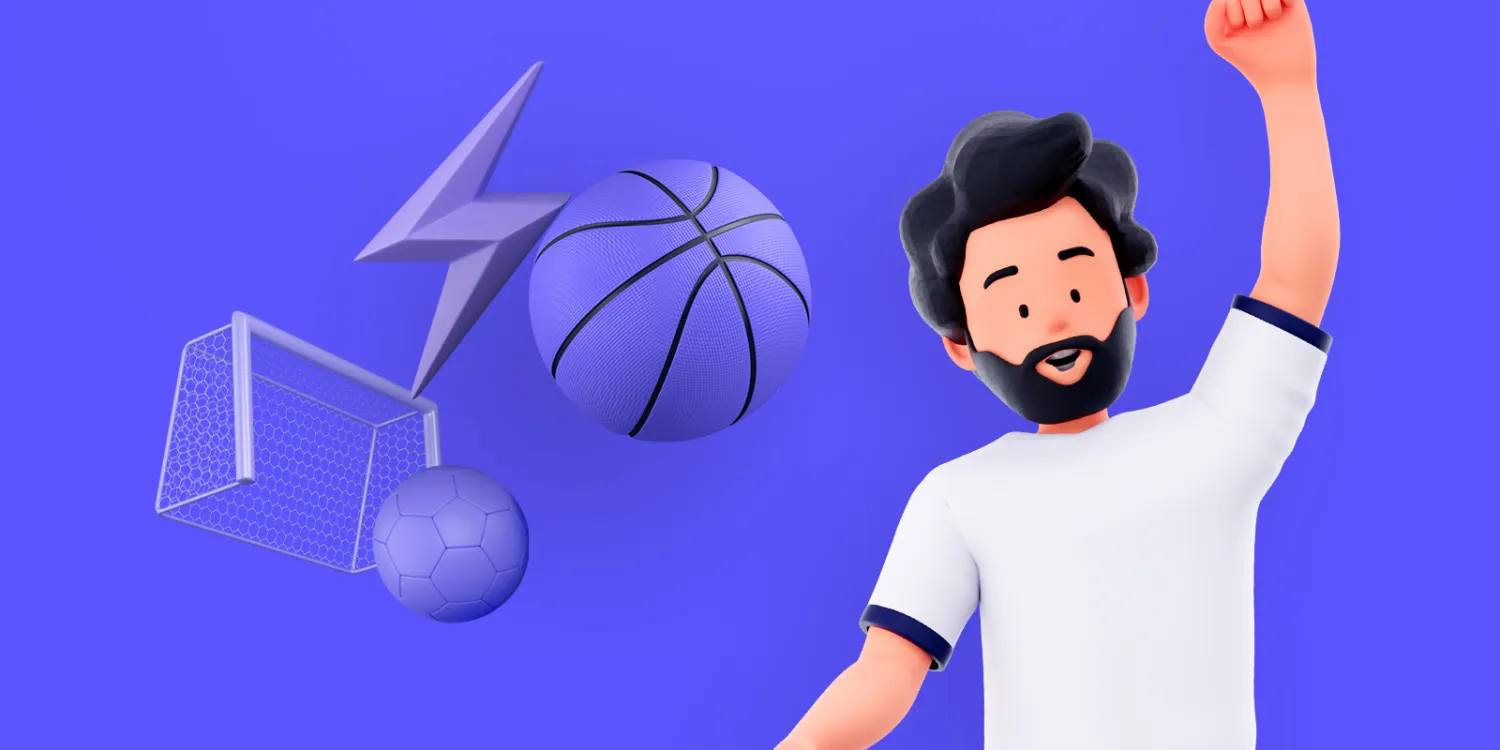







Mobile Development Jobs in the Sports Industry: A Quick Guide
Introduction
Mobile development in the sports industry is a rapidly growing field that offers numerous opportunities for skilled professionals. With the increasing demand for mobile applications and platforms that cater to sports enthusiasts, teams, and organizations, talented developers have the chance to create engaging and innovative solutions that reshape the way people experience and interact with sports. In this comprehensive guide, we will explore the role of mobile development professionals in the sports industry, the types of jobs available, salary expectations, essential skills for success, and tips for landing a job in this exciting field.
The Role of Mobile Development Professionals in the Sports Industry
Mobile development professionals in the sports industry play a crucial role in creating and maintaining cutting-edge applications and platforms that enhance the fan experience, facilitate communication and collaboration among teams and organizations, and provide valuable tools for athletes and coaches. Their work involves designing and developing mobile apps, ensuring optimal performance across various devices, integrating live data feeds, and incorporating features that engage users and cater to their specific needs.
These professionals work closely with stakeholders, such as sports teams, leagues, event organizers, athletes, and fans, to identify requirements and develop tailored solutions that address their unique challenges and goals. They may also collaborate with other developers, designers, and experts in fields such as data analysis, marketing, and sports science, to create a seamless, user-friendly experience that keeps users coming back for more.
Types of Mobile Development Jobs in the Sports Industry
There are several types of mobile development jobs in the sports industry, catering to different aspects of the sports experience:
Sports team app developer: These developers create apps for specific sports teams, providing features such as team news, live scores, schedules, player profiles, and social media integration.
Sports event app developer: These developers design and maintain apps for sports events, including registration, scheduling, live tracking, and results.
Sports training app developer: These developers create mobile applications for athletes and coaches, focusing on tracking progress, analyzing performance data, and providing personalized training programs.
Sports betting and gaming app developer: These developers work on mobile platforms for sports betting, fantasy sports, and esports, ensuring a seamless and engaging user experience.
Sports retail app developer: These developers create e-commerce apps for sports retailers, facilitating product browsing, customization, and purchasing.
Salaries for Mobile Developers in the Sports Industry
Salaries for mobile developers in the sports industry vary depending on factors such as experience, job location, and company size. Entry-level mobile developers can expect to earn an annual salary of around $50,000, while junior-level developers may earn between $60,000 and $75,000 per year. Intermediate-level developers typically earn between $75,000 and $95,000, and senior-level developers can command salaries of $100,000 or more.
It's important to note that these figures are general estimates, and actual salaries may differ depending on the specific job role, industry trends, and regional factors.
Essential Skills for Mobile Developers in the Sports Industry
To succeed in mobile development within the sports industry, professionals should possess a strong foundation in programming languages and frameworks relevant to their chosen platform (e.g., Swift and Objective-C for iOS, Java and Kotlin for Android). Additionally, they should have a solid understanding of mobile app development best practices, user interface design principles, and performance optimization techniques.
Other essential skills for mobile developers in the sports industry include:
Problem-solving and critical thinking: Mobile developers must be able to analyze complex issues, identify potential solutions, and implement the most effective approach.
Adaptability and flexibility: With the constantly evolving nature of technology and the sports industry, mobile developers should be able to adapt to new tools, frameworks, and methodologies as needed.
Collaboration and communication: Mobile developers often work in multidisciplinary teams and must be able to effectively communicate their ideas and collaborate with colleagues from diverse backgrounds.
Domain knowledge: A solid understanding of the sports industry, including its unique challenges, trends, and needs, is crucial for developing relevant and engaging mobile applications.
Creativity and innovation: Mobile developers in the sports industry should be able to think outside the box and come up with innovative ideas to enhance the user experience and stay ahead of the competition.
Tips for Landing a Mobile Development Job in the Sports Industry
Build a strong portfolio: Showcase your skills and experience through a portfolio of completed projects, preferably within the sports domain.
Network: Attend industry events, join online forums, and participate in local meetups to connect with like-minded professionals and potential employers.
Develop a niche: Specialize in a specific area of mobile development, such as sports training apps or sports event apps, to differentiate yourself from other candidates.
Stay updated: Keep abreast of the latest trends and technologies in mobile development and the sports industry to maintain a competitive edge.
Tailor your resume: Customize your resume and cover letter for each job application, highlighting your relevant skills and experience in mobile development and the sports industry.
Conclusion
The sports industry offers a wealth of opportunities for mobile development professionals, from creating engaging fan experiences to providing valuable tools for athletes and coaches. By understanding the roles and responsibilities of mobile developers in the sports industry, exploring the various job types available, gaining insight into salary expectations, honing essential skills, and following tips for landing a job, you can pursue a rewarding career in this dynamic and innovative sector. Stay ahead of the curve by continuously learning and adapting to the ever-evolving landscape of mobile development and the sports industry.
Take a look at all of the currently-hiring mobile development roles in sports here.



























